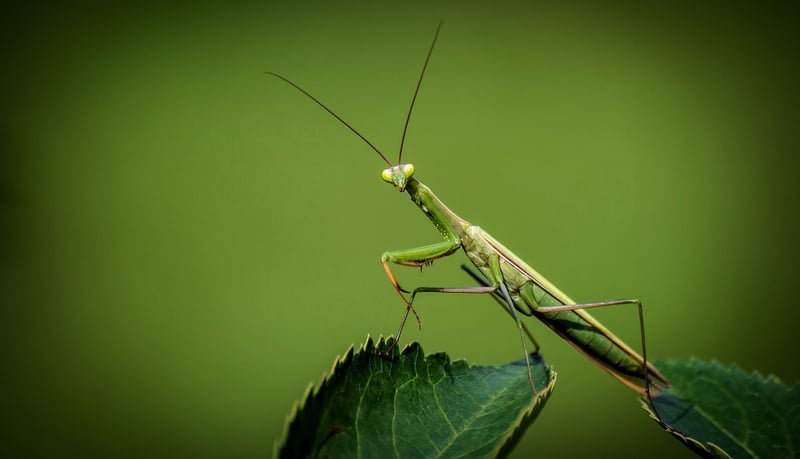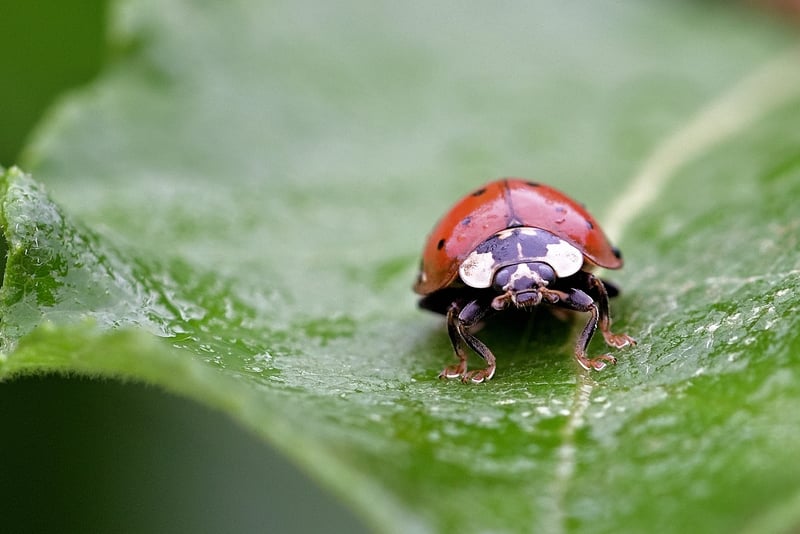Beneficial Insects
Protecting Your Vertical Garden from Pests and Beneficial Insects
Vertical gardens can add a touch of green to any space, but they are also susceptible to pests that can damage your plants. However, not all insects are harmful; some can actually help protect your garden from pests. Here's how you can protect your vertical garden from pests and attract beneficial insects:
Identifying Common Pests in Vertical Gardens
Before you can effectively protect your vertical garden, you need to know what you're up against. Some common pests that can target your vertical garden include aphids, spider mites, whiteflies, and caterpillars. These pests can damage your plants by feeding on them, causing wilting, discoloration, and stunted growth.
Methods to Protect Your Vertical Garden
1. Regular Inspection
Inspect your vertical garden regularly to catch any pest infestations early. Look for signs of damage, such as holes in leaves, webs, or sticky residue.
2. Natural Predators
Attract natural predators like ladybugs, lacewings, and praying mantises to your garden. These beneficial insects can help keep pest populations in check.
3. Neem Oil Spray
Use neem oil spray as a natural insecticide to control common pests like aphids and spider mites. Neem oil is safe for most plants and can be an effective pest control solution.
4. Companion Planting
Plant pest-repelling herbs and flowers like marigolds, basil, and lavender near your vertical garden to deter pests. Companion planting can help protect your plants naturally.
Attracting Beneficial Insects
Beneficial insects play a crucial role in maintaining a healthy garden ecosystem. By attracting these insects to your vertical garden, you can reduce the need for chemical pesticides and promote biodiversity.
1. Pollinator Plants
Include pollinator-attracting plants like bee balm, lavender, and coneflowers in your vertical garden to attract bees, butterflies, and other pollinators. These insects help pollinate your plants, ensuring better fruit and seed production.
2. Insectary Plants
Plant insectary plants such as dill, fennel, and yarrow to provide a habitat for beneficial insects. These plants offer food and shelter for predators that feed on garden pests.
3. Water Source
Provide a shallow water source like a birdbath or a saucer filled with pebbles for beneficial insects to drink from. Keeping these insects hydrated will encourage them to stay in your garden.
Conclusion
Protecting your vertical garden from pests and attracting beneficial insects go hand in hand. By implementing natural pest control methods and creating a welcoming environment for beneficial insects, you can maintain a thriving vertical garden without the need for harmful chemicals. Remember to observe your garden regularly and make adjustments as needed to keep your plants healthy and pest-free.


